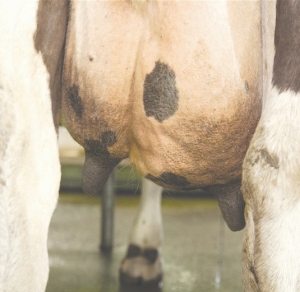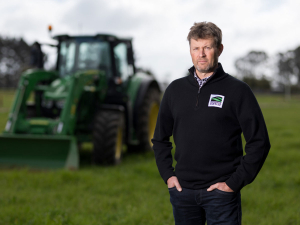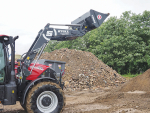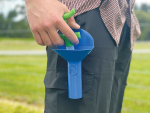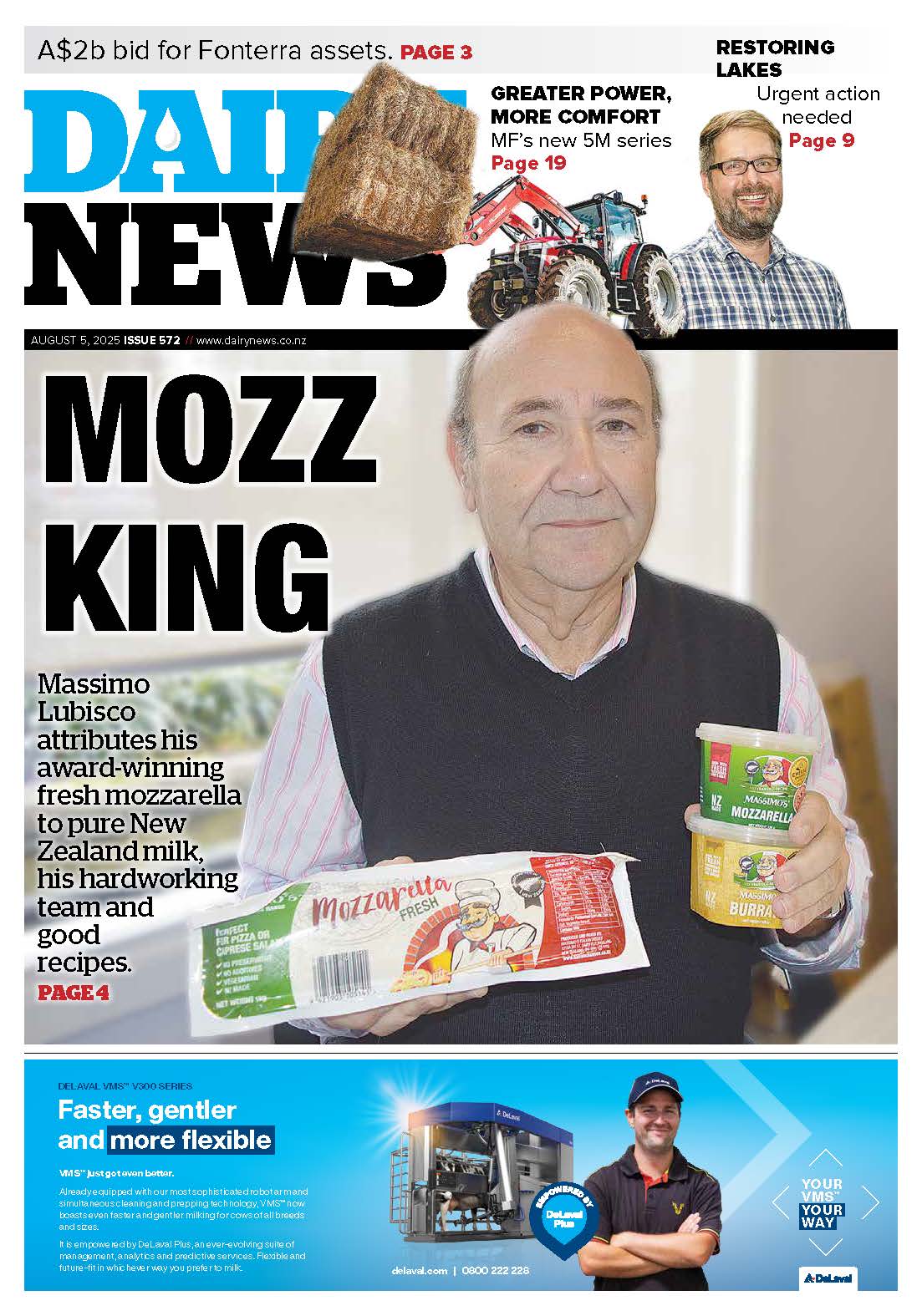It guards against compromising milk quality – imagine the effect of attaching cups to dirty teats – and it helps the cow produce oxytocin, the milk let-down hormone. Stimulation of the let-down reflex results in a quicker milk flow.
For teats to be cleaned it must be done correctly: teats need washing with water and drying with individual paper towels. The NZCP1 ‘Code of Practice for the Design and Operation of Farm Dairies’ states: “Animals’ teats must be clean and should be dry before applying the clusters. Teat washing facilities must be available for this purpose and must be adequately maintained.”
Muddy tracks and races cause muddy teats.
Most New Zealand dairy farmers wash only those teats that are visibly dirty. Teat washing has the following benefits:
Prevents milk quality issues. Ensuring teats are clean before attaching the cups will maintain milk quality.
Reduces animal health issues. Ensuring teats are clean before attaching the cups will also:
Reduce risk of teat damage
Reduce mastitis associated with teat damage or excessive dirt on teats.
Reduces the time spent teat washing and the time spent milking by preventing dirty teats to begin with.
In New Zealand there are two teat washing practices:
Universal washing, where every teat is washed.
Strategic washing, where only those visibly dirty are washed.
Strategic washing is most commonly practiced in New Zealand. Strategic washing of dirty teats will save time, but means that an opportunity to stimulate the udder through handling/massage – one way of encouraging milk let down – is lost.
Drying of teats after washing is essential as it reduces the chance of mastitis, and the risk of milk contamination. Dry teats also interact better with the teat cup liner resulting in better milking and less harm to the teat itself.
Neither of these practices should be confused with bulk washing (washing cows and teats with a pressurised wash-down hose on entry to the bails or in the collecting yard). Bulk washing of udders is not an acceptable practice as it can compromise milk quality by washing bacteria off the flanks and udder into the cups. – DairyNZ





